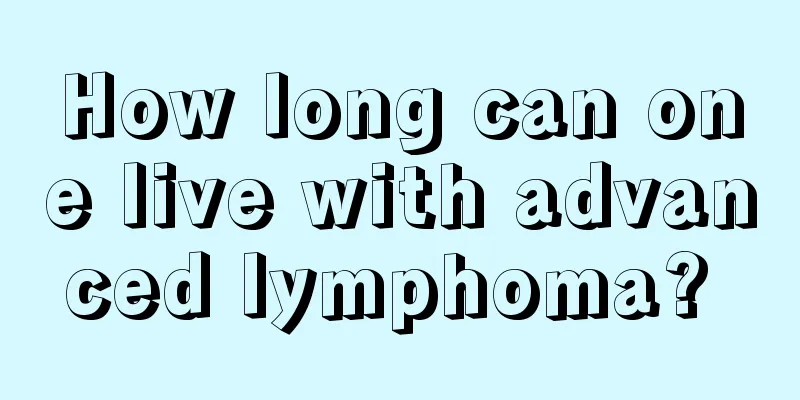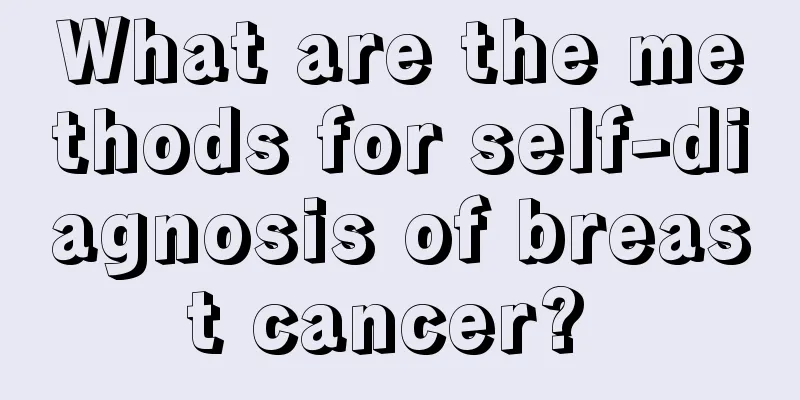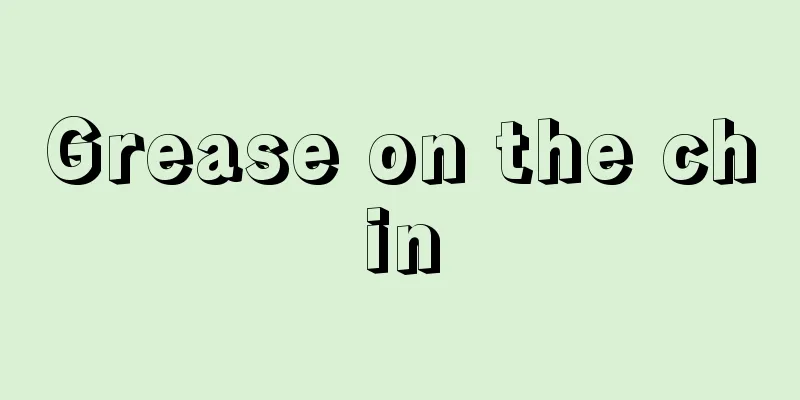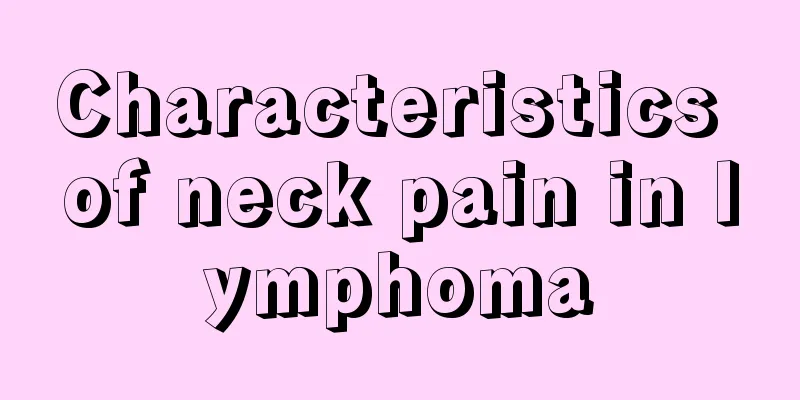How should premature beats be treated

|
Premature beats are a relatively common disease at present. Premature beats are generally divided into several types, and most of them do not require special treatment. Considering the special condition of the patient and frequent attacks, the patient's heart function will not be comfortable, and the digestive function and gastrointestinal function will have problems due to premature beats. Therefore, how patients with premature beats should be treated in normal times has become a matter of concern for many people. treat The treatment principles should be determined based on the presence or absence of organic heart disease, whether it affects cardiac output, and the possibility of developing serious arrhythmias. Most premature beats without organic heart disease do not require special treatment. Those with symptoms should reassure themselves. Sedatives and beta-blockers can be tried for premature beats induced by tension, excessive excitement, or exercise. For patients with frequent attacks, obvious symptoms or organic heart disease, it is advisable to find out the causes and triggers of premature beats as soon as possible and give corresponding treatment for the causes and triggers. At the same time, the potential fatality should be correctly identified, and the causes and symptomatic treatment should be actively treated. In addition to etiological treatment, antiarrhythmic drugs can be used for treatment. Atrial and atrioventricular junction premature beats are mostly treated with Class Ⅰa, Ⅰc, Ⅱ, and Ⅳ drugs that act on the atria and atrioventricular junction, while ventricular premature beats are mostly treated with Class Ⅰ and Ⅲ drugs that act on the ventricles (see the drug classification above, and also see Chapter 7 "Introduction to Clinical Pharmacology"). Potentially fatal premature ventricular contractions often require emergency intravenous medication. Class Ib is preferred. Intravenous lidocaine is still often the first choice in the early stages of acute myocardial infarction. Beta-blockers are often used to treat myocardial infarction unless there are contraindications. Class I drugs are contraindicated in patients with primary or secondary long QT syndrome. For primary patients, beta-blockers, phenytoin, or carbamazepine can be used as an alternative. For secondary cases, the cause should be removed and treatment should be with isoproterenol or atrial or ventricular pacing. Recent studies (CAST 1989) suggest that antiarrhythmic therapy increases the risk of mortality. Even if patients with heart disease control ventricular premature beats, there is no evidence that it reduces the rate of sudden death (except for the use of beta-blockers after myocardial infarction). Therefore, the pros and cons of using antiarrhythmic drugs should be weighed. There have been large series of multicenter trials and long-term follow-up in China on patients with non-myocardial infarction arrhythmias (mainly premature beats). The use of propafenone and moricizine for supraventricular arrhythmias and propafenone, moricizine, and mexiletine for ventricular arrhythmias have shown certain therapeutic effects, and no serious cardiac events have been found. However, close follow-up monitoring of the effects and possible adverse reactions is still required during the use of the medication. Patients with heart failure should be especially cautious. |
>>: What are the dangers of frequent premature beats
Recommend
What kind of exercise is good for bone cancer after surgery
Bone tumors are divided into primary bone cancer ...
Eating more soy milk and milk can prevent breast cancer
Some people say that soy products such as soy mil...
How to get rid of garlic taste in mouth?
People often eat some garlic, especially in summe...
What are the examinations for female ovarian tumors
Ovarian tumors are divided into benign and malign...
Benefits of eating clams for pregnant women to the fetus
Clams are a type of seafood product. I believe ma...
Office workers often eat these 5 kinds of lunch or shorten their lifespan
Lunch is the most important meal of the day, and ...
It hurts to pee in the morning
Whether it is pain when urinating in the morning ...
What to do with an 86-year-old man with advanced lung cancer
What should I do if an 86-year-old person has adv...
How to treat glioma
Glioma is actually also called glioma. The incide...
What to do if lymphoma recurs after chemotherapy
With the continuous improvement of living standar...
How to treat spinal muscle strain?
Muscles are the source of people's strength. ...
What are the symptoms of a perforated eardrum?
The ear is an auditory organ responsible for coll...
What are the precautions for swimming
Swimming is a gradual process. It consumes a lot ...
Will nasopharyngeal cancer cause facial swelling?
Does nasopharyngeal cancer cause facial swelling?...
How long is the survival period of prostate cancer? Is the survival rate of prostate cancer high?
For malignant tumors, the survival period varies ...









